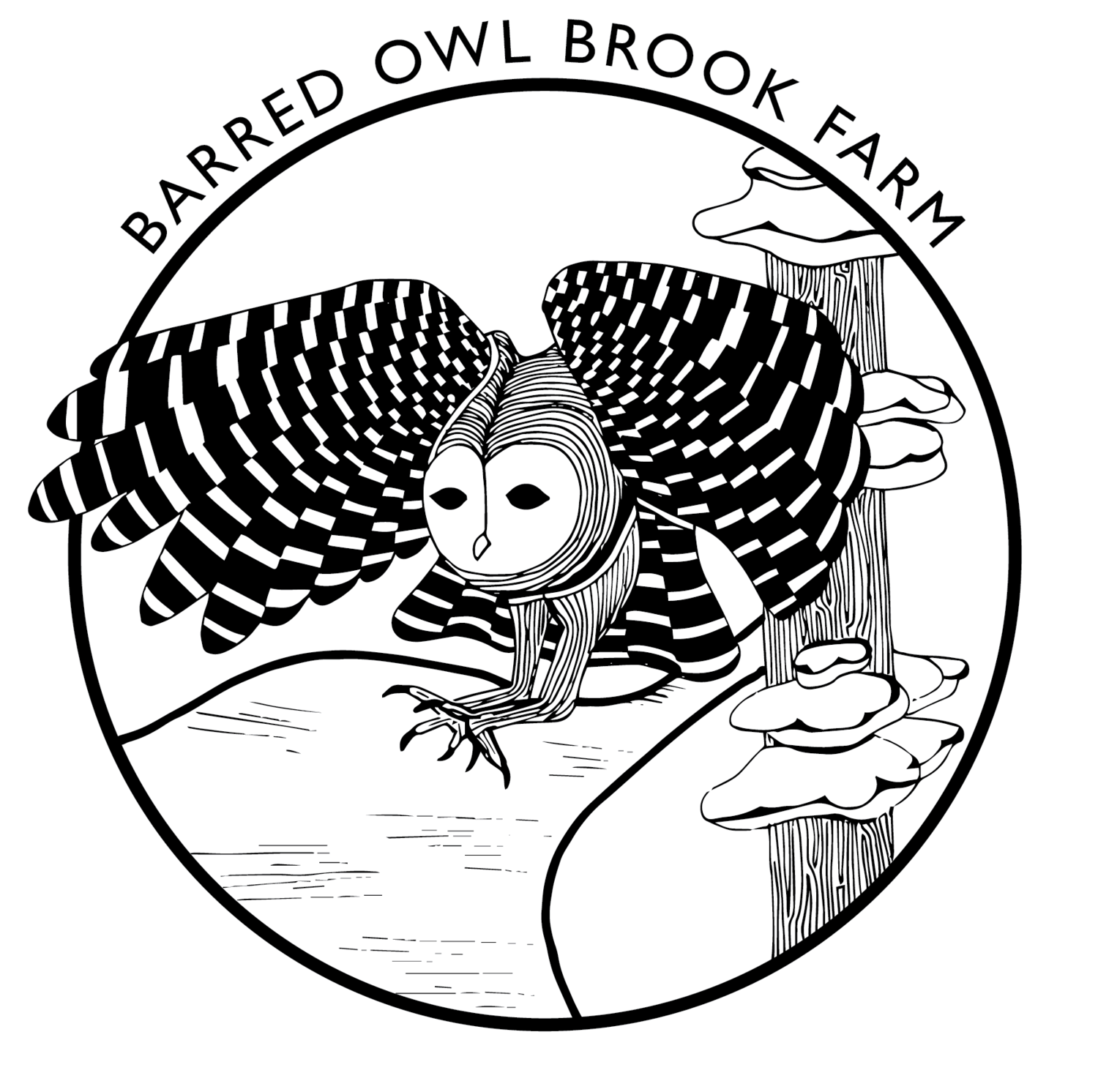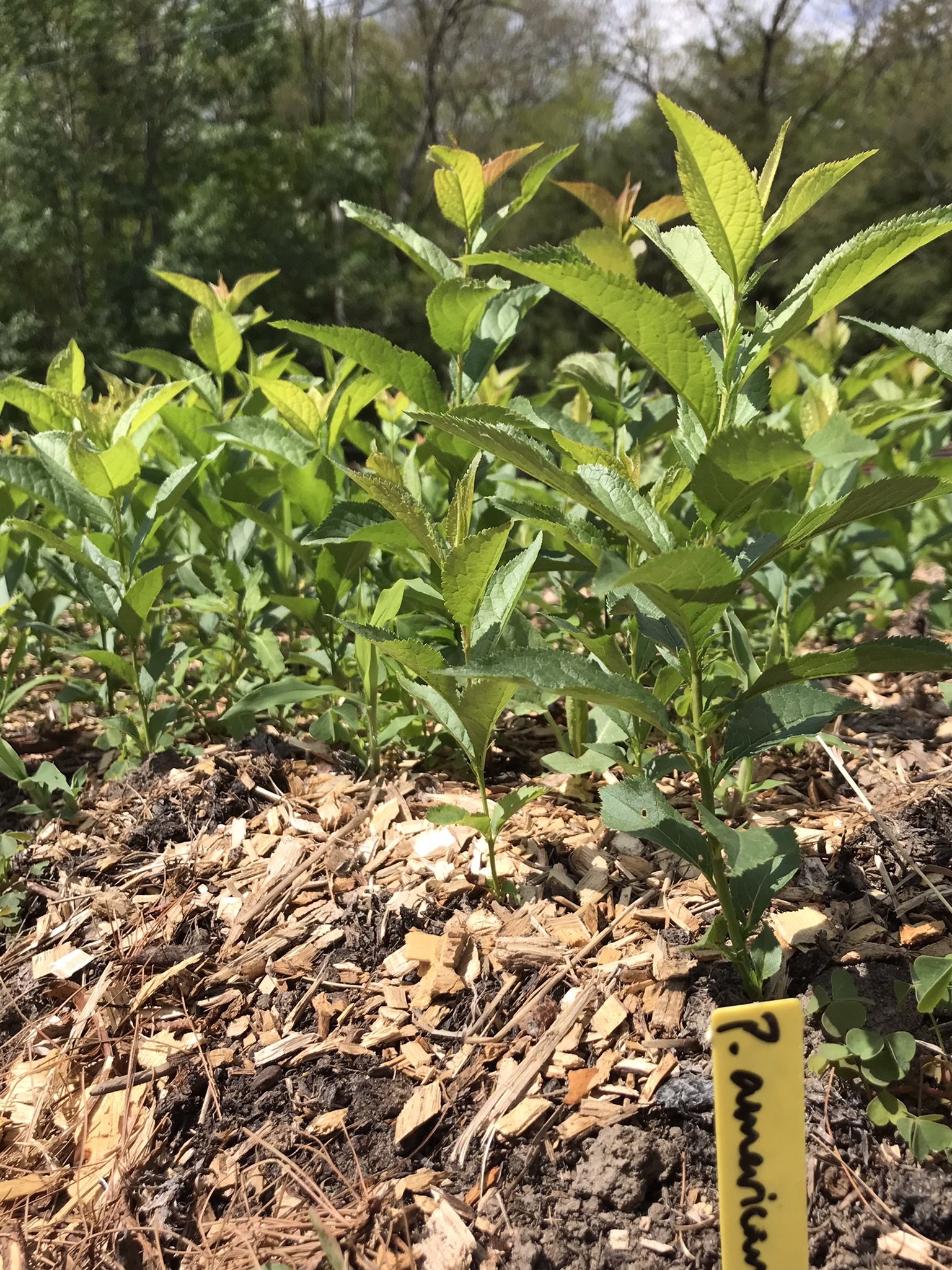**Please note: Seedlings will be 50/50 male/female. Only female trees will produce pods so plant several seedling trees to ensure pod production. If you end up with more males than desired, they can be top-worked/grafted to a cultivar of your choosing.
Varieties we offer:
Sheffield’s Thornless - Seed sourced from Sheffield’s Seed Co. Seedlings will be either male or female so plant several trees to ensure fruit production. Pod production will vary among seedling trees. If you are looking to maximize pod production these make great rootstocks for grafting improved cultivars.
More info on Honey Locust:
The hardy native honey locust is well-suited for temperate silvopasture systems as both the leaves and seed pods can be consumed by livestock. Trees begin bearing around age 5 and the abundant seed pods, which can be stockpiled for winter forage, have a nutritional value similar to oats and barley.
The dappled shade cast by the fine leaves reduces heat stress in livestock during the summer months while still allowing pasture grasses to thrive under the canopy. A non-nodule forming legume, honey locust fixes nitrogen although at lower levels than nodulating legumes like black locust. Honey locust wood is durable and strong and makes for a solid fence post.
A note about thorns - Thorns on native honey locust trees are a sight to behold and are capable of popping tractor tires. Seedlings grown from thornless parent seed tend to have few or no thorns, but there is no guarantee that they nor their progeny will be 100% thornless. There are reports of previously thornless trees opting to develop thorns after being injured or cut hard. If you truly can’t tolerate any thorns in the landscape then you may want to consider an alternative species. Rotational grazing is a cost-effective and sustainable method to reduce seedling regeneration and minimize the spread of any thorny trees. Alternatively, routine mowing will keep thorny sprouts in check.




















